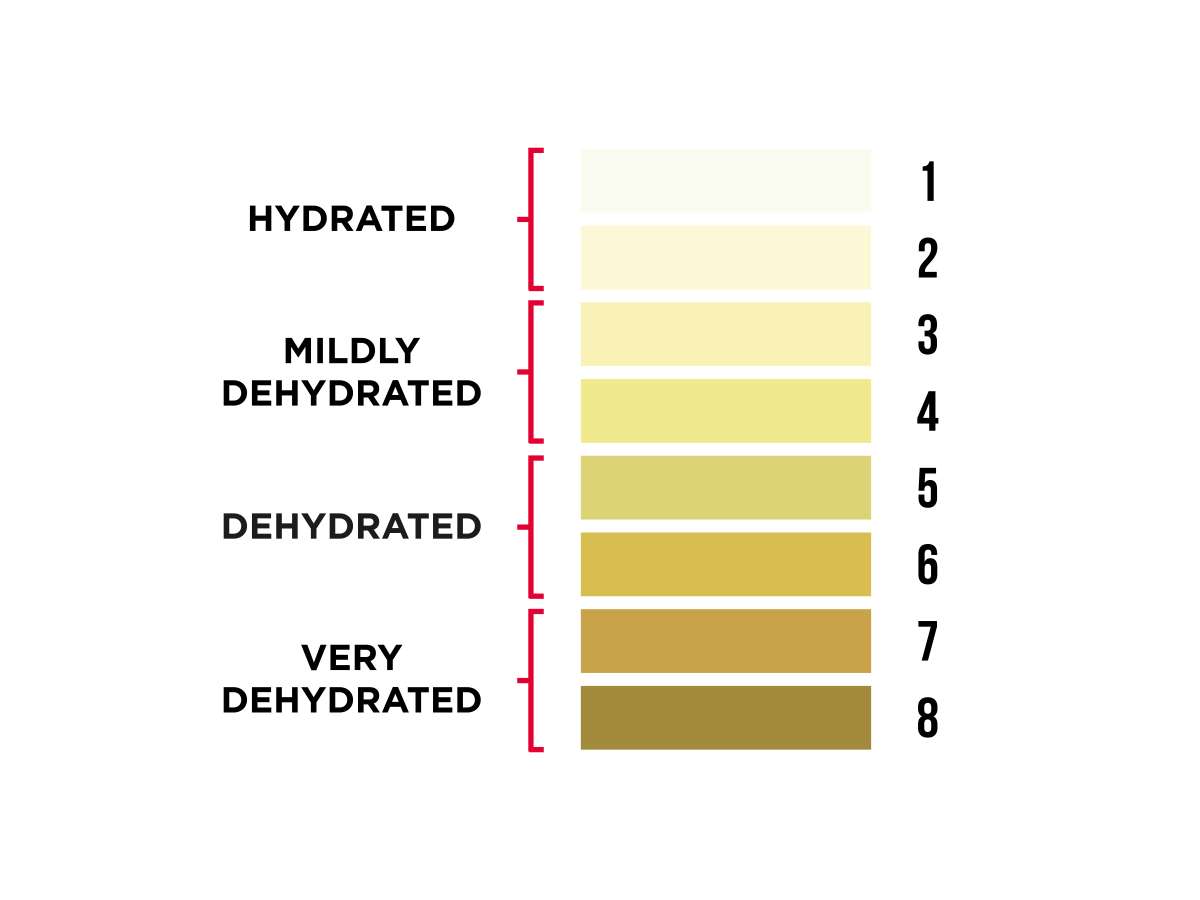Drinking water to stay hydrated is important for everything from supporting weight loss and digestion to helping optimise your strength, power and endurance in the gym.
However, there are many misconceptions about why it is important to drink water and what you need to do to avoid dehydration.
So how much do you need to drink each day? Why is fluid so important for your overall health? How do you know if you are dehydrated? Can you drink too much water?
We are going to address 4 common myths and misconceptions around hydration and give you what you need to know about water.
Myth 1 : Everyone should drink 8oz of water every day
The blanket statement that you should drink 8oz (roughly 2.3L) of fluids does not match the current daily recommendations. This is a good start but the official guidelines are 3.7 litres per day for men and 2.7 litres for women.
Not only this, but these recommendations are benchmark as it is not a “one-size-fits-all.” Your requirements will vary depending on your height, weight, and body composition.
A smaller man with less muscle tissue may need less water than a 6ft woman who weighs 100kg.
A more accurate way to calculate your water target is to aim for around one litre for every 25kg of body weight.

Myth 2: Only drink when you feel thirsty
Most people don’t know that thirst is a poor indicator of your hydration because it is a delayed response. For example, an athlete can lose over 1.5 litres of water before becoming thirsty.
One of the best ways to measure your hydration levels is using the urinary colour chart. If the colour of your urine is within the first three colours on the chart, you are well hydrated, but any higher than number five, you are dehydrated and should drink more water.

Myth 3: Water is the only way to stay hydrated
It’s not just water that counts towards your hydration levels. Most fruits and vegetables are significantly made up of water, for example, watermelon and spinach.
The beverage hydration index demonstrates how hydrating different fluids are, based on how well we retain them. The higher the score on the hydration index, the more fluid retention power drinks have, and we need to get less overall fluid to hydrate effectively.
If we drink a beverage containing calories (carbohydrates in particular), this increases how much fluid we retain, especially when it has electrolytes. Consuming fluids alongside calories and nutrients slows down the transit of the fluids through the body, providing more opportunity for them to be absorbed and retained.

Myth 4: You can mistake hunger for thirst
The myth that you can confuse hunger with thirst is not entirely correct, as essentially, these are two different feelings. However, drinking more water will create a sense of being fuller because it will expand the stomach lining, giving you that “full” feeling. Also, drinking water with food will cause it to expand more as it moves through the gut, which creates the same feeling that leaves you feeling fuller for longer.
Stomach-wall-stretching is one of the mechanisms the body has to signal to the brain what is going on in the gut. This is why it will provide a temporary reduction in feelings of hunger. It has nothing to do with feeling thirsty and mistakenly interpreting it as hunger.

Take home
Most people have been told to drink around 8oz of water each day, and although this is a reasonable starting point, it is important to remember that fluid-intake needs will vary from person to person. Water is always the best option for staying hydrated, but other drinks and foods can help contribute too.
Now we’ve busted those four myths, read here to find out why hydration matters.



